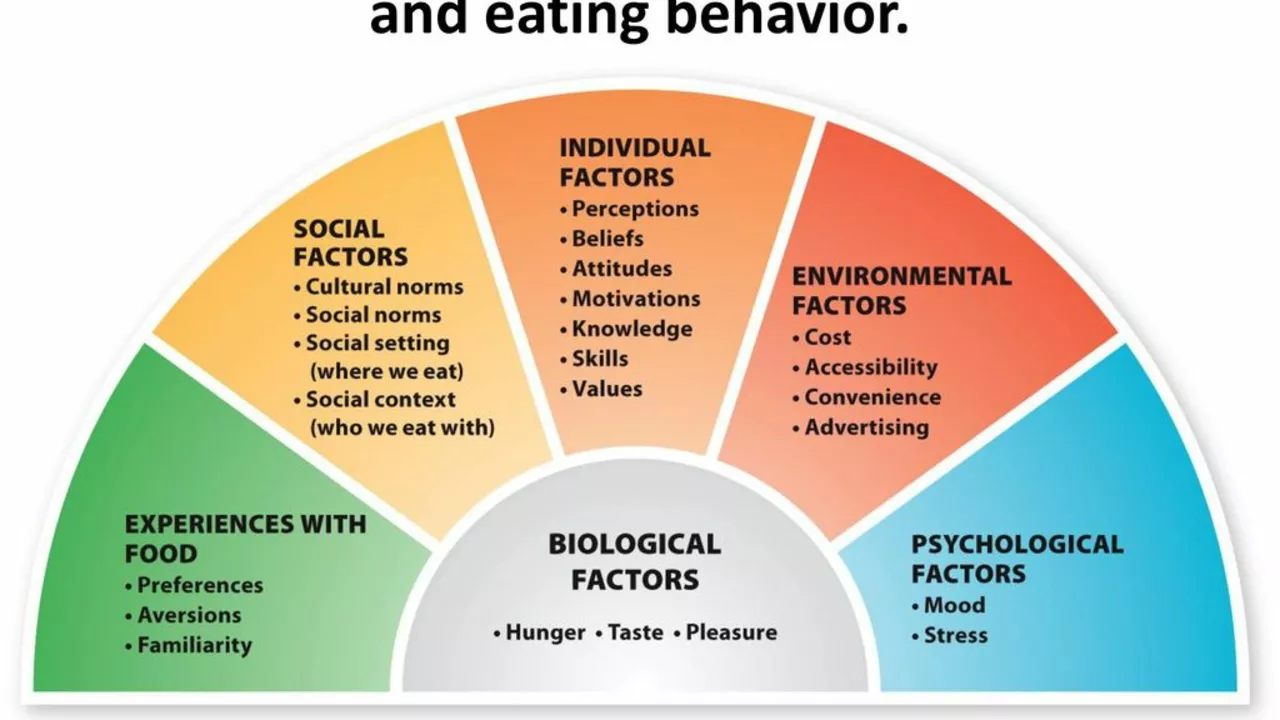Cultural and Religious Beliefs
Indian society is deeply rooted in its traditional and religious beliefs, and these beliefs often shape the people's perceptions and attitudes towards various aspects of life, including alcohol consumption. Many Indian families consider alcohol as a taboo, primarily due to their religious beliefs. For instance, Hinduism, the predominant religion in India, advocates for a disciplined and virtuous lifestyle. Consuming alcohol is often viewed as a breach of this discipline. Some sects in Hinduism even categorize alcohol as a 'tamasic' substance, meaning it can cloud the mind and lead to immoral behavior.
In addition to Hinduism, other prominent religions in India, such as Islam and Sikhism, strictly prohibit the consumption of alcohol. Islam views drinking alcohol as a major sin, while Sikhism discourages it as it can distract one from remembering God. Therefore, these religious beliefs play a significant role in why alcohol consumption is considered bad in Indian families.
Social Stigma Associated with Alcohol
In Indian society, there exists a strong social stigma associated with alcohol consumption. Drinking alcohol is often linked with deviant behavior and is seen as a sign of moral degradation. This is particularly true in rural parts of India, where alcoholism is often associated with domestic violence and financial instability. Therefore, people who drink alcohol are often ostracized and looked down upon by society.
Moreover, the social stigma extends beyond the individual drinker and often affects their entire family. It's not uncommon for families of drinkers to face social exclusion and discrimination. This fear of social ostracization is another reason why many Indian families consider alcohol consumption as bad.
Health Concerns
Health concerns are another major reason why alcohol consumption is frowned upon in Indian families. It's well known that excessive alcohol consumption can lead to a host of health issues, including liver diseases, heart problems, and even cancer. Furthermore, alcohol can also lead to addiction, causing severe mental and physical distress not only to the drinker but also their family.
Many Indian families are aware of these health risks and thus discourage their members from consuming alcohol. They believe that it's better to lead a healthy, alcohol-free life than to risk one's health for momentary pleasure.
Impact on Family Life
Indian families value harmony and unity, and they believe that alcohol consumption can disrupt this harmony. Alcohol is often blamed for causing disputes and conflicts within families. It can lead to irresponsible behavior, financial issues, and neglect of family responsibilities, causing distress to all family members.
Moreover, children in such families often suffer the most. They may face neglect and abuse, and their education and wellbeing may be compromised. Given these potential negative consequences, many Indian families consider alcohol consumption as harmful and discourage it.
The Changing Perception
While it's true that many Indian families view alcohol consumption as bad, it's important to note that this perception is slowly changing, especially in urban areas and among the younger generation. As India becomes more globalized, the attitudes towards alcohol consumption are becoming more liberalized. Drinking alcohol is becoming more socially acceptable, especially in social gatherings and celebrations.
However, even as this change occurs, it's crucial to promote responsible drinking habits. Excessive and irresponsible drinking can lead to severe consequences, regardless of one's cultural or societal background. Therefore, while the perception of alcohol consumption may be changing in India, the focus should always be on promoting a healthy and responsible lifestyle.
